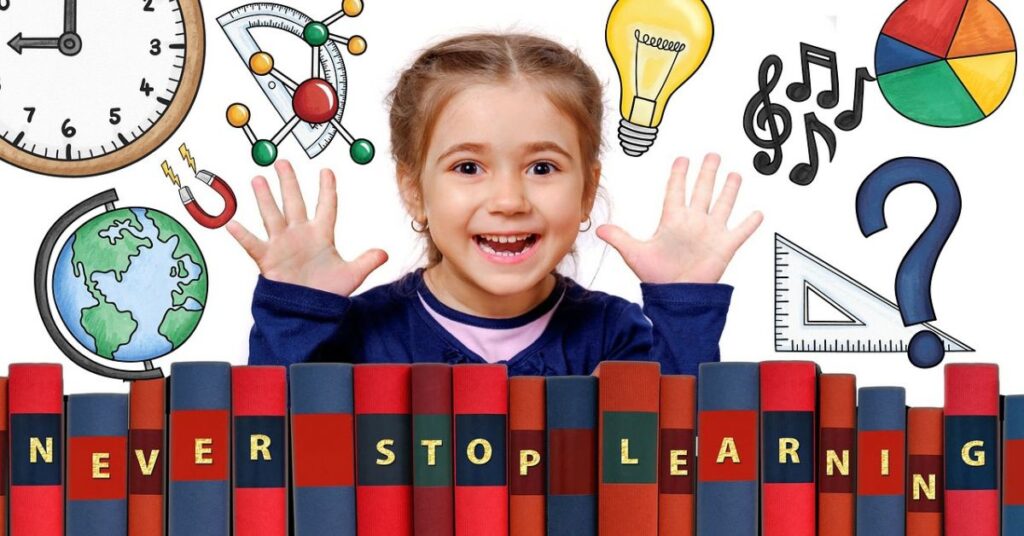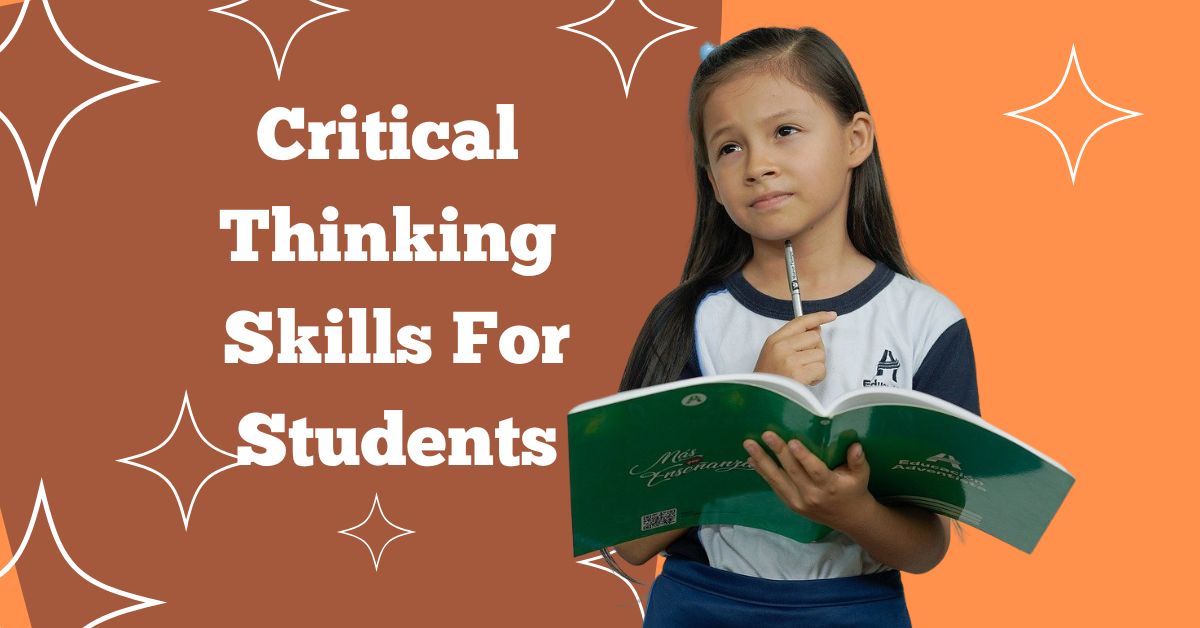Educators and Critical Thinking
Educators use critical thinking to explain different types of learning, such as analyzing, evaluating, synthesizing, and interpreting information, as well as applying creative thought to form an argument, reach a conclusion, or solve a problem. Students’ ability to think critically will improve our academic performance. Some students are critical thinkers. They will practice analyzing and evaluating as they consider short- and long-term learning objectives. Critical thinking fosters curiosity, creativity, and multifaceted practice. It is the ability to solve problems using logic, evaluation, and facts.
Benefits of Critical Thinking
Critical thinking abilities are essential for students to develop because they allow them to successfully analyze, evaluate, and synthesize information. Students may make educated decisions, handle complex problems, and convey ideas with clarity and precision by mastering these talents. Critical thinking promotes intellectual independence by pushing pupils to question assumptions and consider other viewpoints. It also fosters creativity and curiosity, both of which are necessary for lifelong learning.
Students can improve their information literacy by using critical thinking to distinguish between reputable sources and disinformation. Furthermore, these abilities enable people to navigate real-world problems. Educators give students the tools they need to flourish in an ever-changing environment by developing critical thinking skills.

Importance of Critical Thinking
Critical thinking is crucial for kids because it provides them with the cognitive talents they need to navigate an increasingly complex world. Students can examine information objectively, make well-informed decisions, and solve issues more successfully if they develop analytical skills.
Critical thinking fosters curiosity and open-mindedness, allowing pupils to investigate many points of view and adapt to changing situations. It also boosts creativity because pupils can come up with creative solutions to problems. Furthermore, critical thinking enables pupils to discriminate between genuine and false sources, improving information literacy. Finally, these abilities foster intellectual freedom, allowing students to become proactive learners and make important contributions to society, both academically and in their future employment.
Critical thinking will assist students in making better decisions. It enables students to become more self-sufficient and self-directed learners. It enables students to assess their learning styles and identify their areas of strength.

How Can Students Improve Their Critical Thinking Abilities?
Ask Questions
Students should ask more questions in class to develop critical thinking skills. It will increase curiosity and the desire to learn. One question may lead to another, which will help in the clarification of concepts. Asking questions in class improves critical thinking and helps students overcome their fear of public speaking.
Become an Active Listener
To be a critical thinker, students must actively listen in class. Students who are good listeners can ask a variety of questions about the teaching class. They can form their own opinions by listening to other people’s thoughts, views, comments, and opinions.
Reading
Continuous reading will expose students’ minds to a variety of ideas and concepts. Good books provide great ideas and opinions. It improves understanding of various ideologies and concepts.
Participate in Discussions
Students should actively participate in both online and offline discussions. It will help students improve their communication skills. They may encounter diverse opinions, information, and disagreements. They will gain valuable social experience from the discussions.

Study beyond Academic Textbooks
A textbook on a specific subject will not contain all of the world’s knowledge. As a result, students should go beyond the textbooks to gain additional knowledge. Students should conduct more research and study using the internet.
Conclusion
Problem solving skill is one aspect in critical thinking, which enables students to make rational decisions and solution making. It stimulates creativity, curiosity and; independent thinking to help learners make right decisions and solve real life issues. Through the below given skills by questioning, active listening, reading, discussion and going further than the textbook, the students can solve many issues and challenges in order to play a significant role to the society and get successful academic accomplishment as well as lifelong learning in the progressive world.
You may like to read:-
What Makes a Great Teacher in 2025
- How to Dominate Your Online Business With 5 Proven Digital Marketing Strategies
- How to Cultivate Critical Thinking and Problem-Solving Skills in Classroom
- Top Proven Mental Health Strategies for Schools in 2025-26
- Time Management for Teachers: How to Plan, Prioritize, and Perform Better
- How Parental Involvement in Education Shapes a Child’s Growth and Success




Thank u so much I do appreciate
Awesome https://lc.cx/xjXBQT